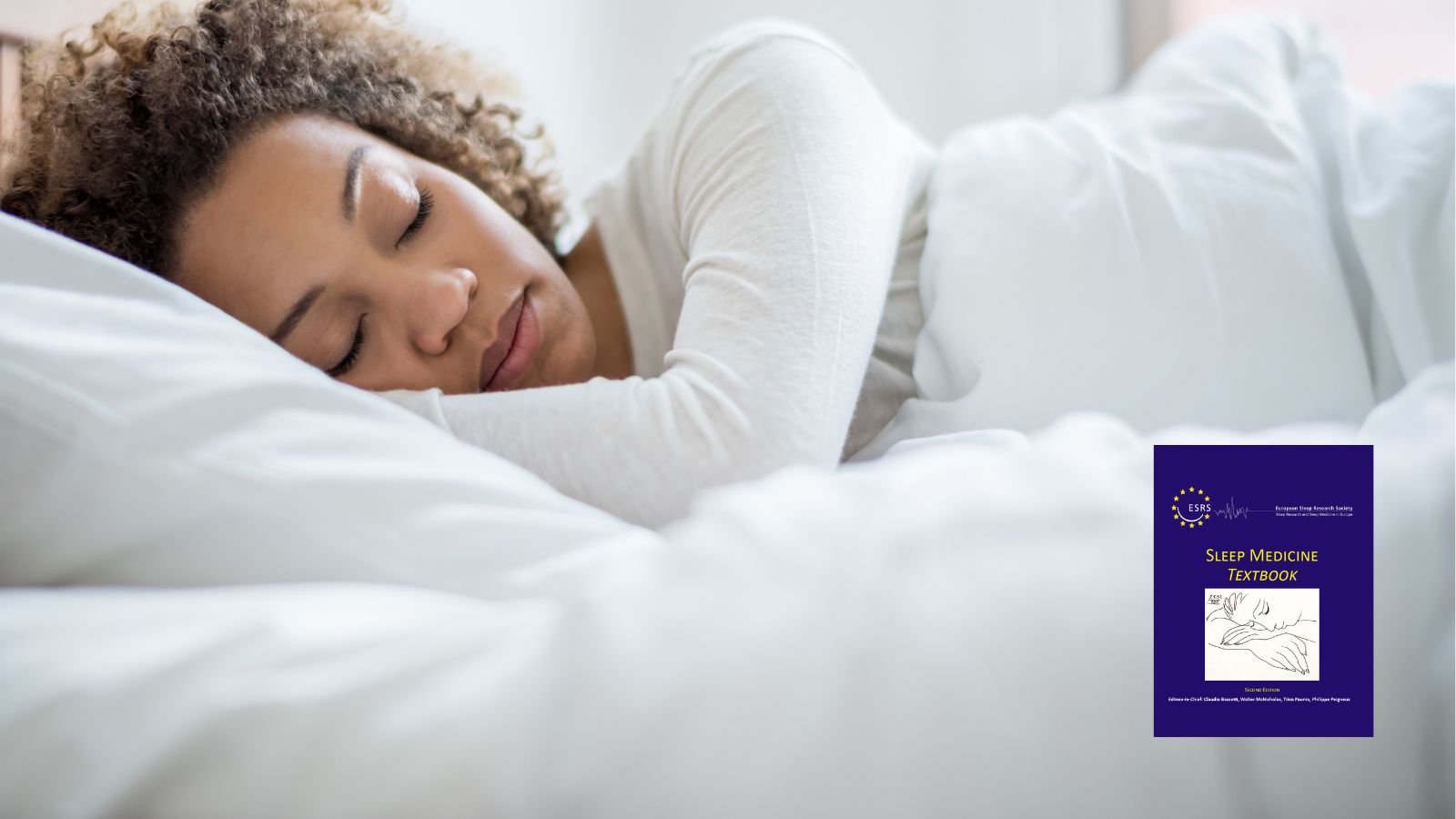Physiological Basis of Sleep: Sleep and psychology (cognitive and emotional processes)
For this Sleep Science Friday, we bring you another chapter summary from the ESRS Sleep Medicine Textbook 2nd edition, “Sleep and psychology (cognitive and emotional processes)” from the section Physiological Basis of Sleep.
Sleep and psychology (cognitive and emotional processes)
This chapter outlines the bidirectional relationships between sleep and daytime cognitive as well as emotional functioning. Although adequate nocturnal sleep supports optimal functioning on the next day, cognitive and emotional events experienced during wakefulness impact subsequent sleep and the way information is processed.
Sleep disruption/restrictions exert robust effects on sustained attention, high-order executive functions, encompassing planning and coordinating goal-directed actions, cognitive flexibility, inhibitory control and working memory, and learning capabilities. Furthermore, increased emotional reactivity is observed after sleep deprivation, and negative emotional experiences, daytime affect, and stress can lead to pre-sleep arousal and alter sleep quality both in the short and long term.
Finally, information processing capabilities are to some extent preserved during sleep. Besides post-training sleep consistently contributing to the consolidation and reorganisation of newly acquired memories, subsequent rapid eye movement (REM) sleep appears to play a critical role in the reprocessing of emotional information. Cognitive and emotional causes and consequences should always be kept in mind when investigating sleep disturbances.
Keywords:
cognition, emotion, memory, sleep deprivation, sleep disruption
Learning Objectives:
- The bidirectional relationship between sleep and cognitive/emotional functions.
- The consequences of sleep restriction/disruptions on daytime functioning.
- That sleep disruptions are not only symptoms, but also promoters of mental health disorders.
Key Points:
- Sleep impacts daytime cognitive and emotional functioning, and vice versa.
- Sleep disruption/restriction can impair vigilance, executive functions and learning abilities, and increase emotional reactivity.
- Emotional load, particularly pre-sleep stress has a disruptive effect on sleep quality.
- … you can read all key points and the full A.5 Sleep and psychology (cognitive and emotional processes) chapter in the ESRS Sleep Medicine Textbook – order it here.
Summary by:
Péter Simor, Rebeca Sifuentes Ortega and Philippe Peigneux (2021). A. Physiological Basis of Sleep 5. Sleep and psychology (cognitive and emotional processes). In Bassetti, C., McNicholas, W., Paunio, T., & Peigneux, P. (Eds.). Sleep Medicine Textbook (2nd ed., pp. 57–66). Regensburg: European Sleep Research Society.
Recent publications from ESRS members
- Cardoso, Correia & Vilela (2024). Associations between chronotype, diet quality and timing of energy intake in Portuguese children and adolescents: The potential role of summer holidays. Chronobiol Int.
- Antelmi et al. (2024). A survey-based approach on restless legs syndrome: practices and perspectives among Italian neurologists. J Neurol.
- Cammalleri et al. (2024). A Pilot Randomized Trial of Combined Cognitive-Behavioral Therapy and Exercise Training Versus Exercise Training Alone for the Management of Chronic Insomnia in Obstructive Sleep Apnea. J Sport Exerc Psychol.
- Morse et al. (2024). Dosing Optimization of Low-Sodium Oxybate in Narcolepsy and Idiopathic Hypersomnia in Adults: Consensus Recommendations. Neurol Ther.
- van der Vinne et al. (2024). Methods to estimate body temperature and energy expenditure dynamics in fed and fasted laboratory mice: effects of sleep deprivation and light exposure. J Comp Physiol B.




